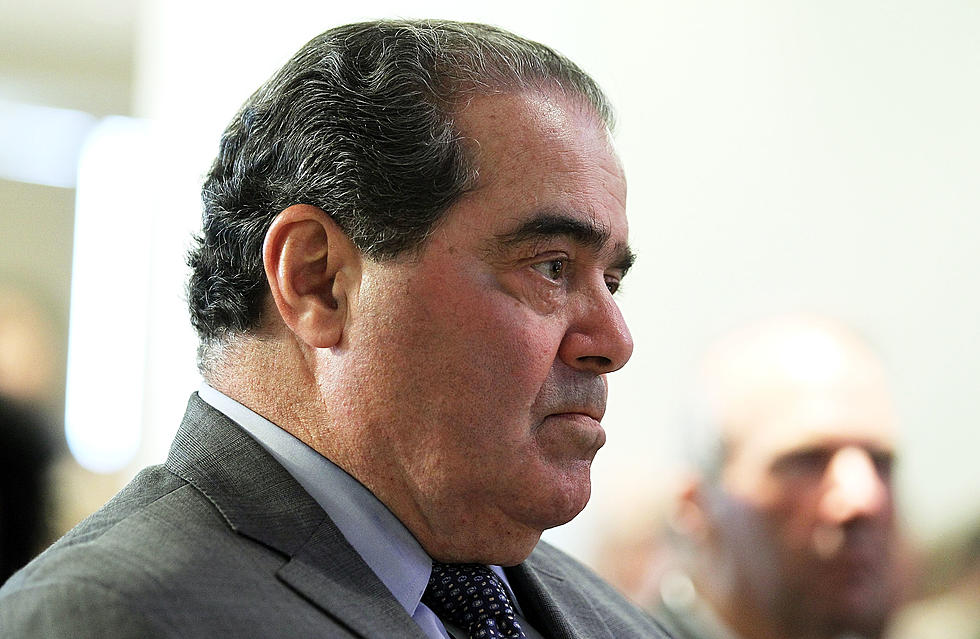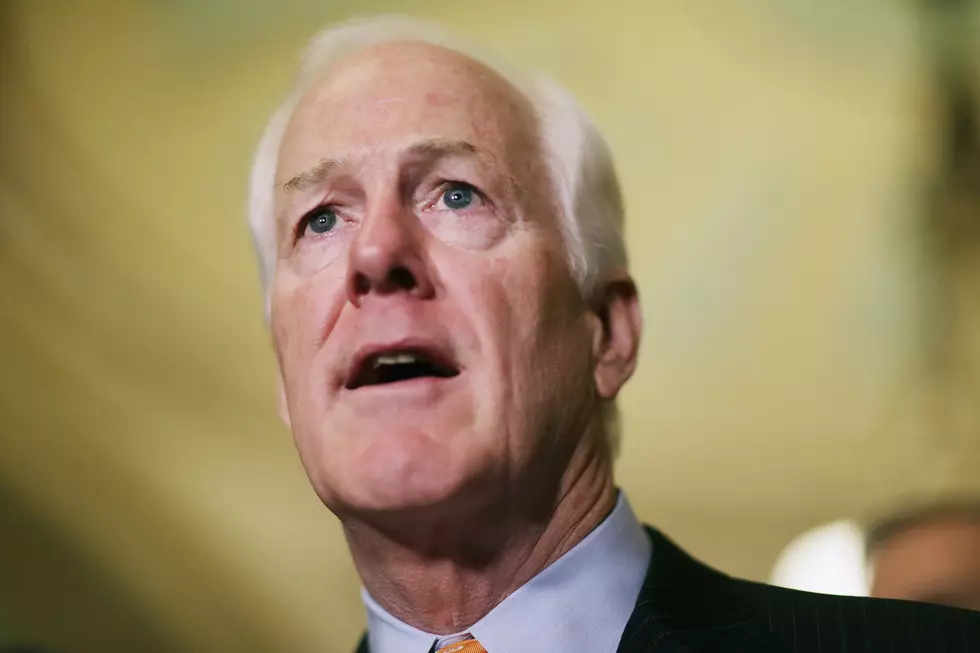
Scalia’s many health problems unknown to public before death
The late Supreme Court Justice Antonin Scalia's voluminous public information file is remarkably short on any details related to his health, just a report of minor shoulder surgery in 2003.
But Scalia's doctor said in a letter, parts of which were read to The Associated Press on Tuesday, that the justice suffered from coronary artery disease, diabetes, chronic obstructive pulmonary disease, sleep apnea, high blood pressure and several other ailments that probably contributed to his death on Feb. 13 at age 79.
The public and reporters who cover the court were unaware that Scalia had any serious health problems before his death, except that he was overweight and was a regular smoker for most of his adult life.
That so little was known publicly about Scalia's health is reflective of an institution that zealously guards the justices' privacy and leaves to each justice how much to reveal.
Justices, especially older ones with serious health problems, might have little reason to say much of anything, said A.E. Dick Howard, a Supreme Court expert at the University of Virginia.
"The decision about what to say about a justice's health has to be seen against a backdrop of whether to stay on the bench or step down," Howard said.
Scalia, a conservative justice who was named to the court by Republican President Ronald Reagan, gave no indication he was planning to retire, certainly not with a Democrat in the White House.
There has been no indication that people close to Scalia, on the court or off, knew the extent or seriousness of his medical problems.
The other justices said they were shocked by his death. Bryan Garner, who wrote two books with the justice, said Scalia was energetic and "did seem strong as ever" during a trip to Asia two weeks before he died.
Like society at large, the court lives with a range of trivial and serious ailments. Eighty-two-year-old Supreme Court Justice Ruth Bader Ginsburg has twice survived cancer and had a heart stent implanted to clear a blocked artery.
Justice Anthony Kennedy also has a stent.
Chief Justice John Roberts has suffered at least two unexplained seizures.
Justice Sonia Sotomayor has had diabetes since childhood.
Justice Stephen Breyer smashed his shoulder so thoroughly in a bicycle accident, it needed to be replaced.
The difference among the justices is how much they have revealed about their health and how promptly.
Breyer, Ginsburg and Sotomayor have provided prompt and extensive details about their conditions.
Other justices have not been as forthcoming.
Kennedy said nothing publicly when he had a stent inserted to keep an artery open after experiencing mild chest pain in 2005.
The court revealed the procedure when Kennedy returned to the hospital to have the stent replaced 10 months later.
Stents are mesh scaffoldings inserted into about half a million people in the U.S. each year to prop open arteries clogged by years of cholesterol buildup.
Doctors guide a narrow tube through a blood vessel in the groin or an arm, inflate a tiny balloon to flatten the blockage, and then push the stent into place.
In July 2007, Roberts suffered a seizure while on vacation in Maine.
The court issued an initial statement little more than an hour after the incident, saying only that Roberts had fallen and was taken to a hospital.
Several hours later, the court confirmed that he had suffered a seizure, but has never provided details of what tests Roberts underwent or whether he was prescribed medication.
He had a similar episode in 1993.
In Scalia's case, there was no public word of a significant health issue before his death.
The report of his extensive medical problems was contained in a letter from Rear Adm.
Brian P. Monahan, the attending physician for members of Congress and the Supreme Court, to the top administrator in Presidio County, Texas, where Scalia died. The official, Presidio County Judge Cinderela Guevara, conducted a death inquiry by phone and certified Scalia's death.
Guevara declined to order an autopsy after learning of Scalia's long list of health problems from Monahan and because the family didn't want one, she said.
Presidio County District Attorney Rod Ponton cited the letter when he told the AP on Tuesday there was nothing suspicious about Scalia's death.
Ponton declined to provide a copy of the letter, saying an open-records request must be made to Guevara, who did not respond to a phone message Tuesday.
The AP filed a records request with the judge last week, but she did not provide the letter or respond to a reporter's phone message Tuesday.
The Texas Department of State Health Services has declined to release a copy of the death certificate.
A death certificate is confidential under Texas law and can be released only with the family's permission.
(© 2016 The Associated Press. All rights reserved. This material may not be published, broadcast, rewritten or redistributed)
More From New Jersey 101.5 FM









